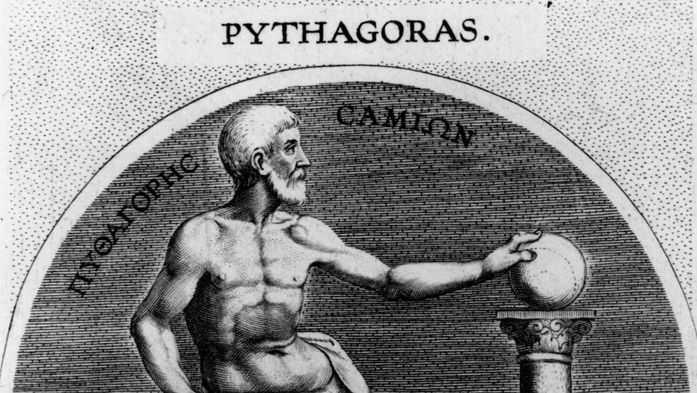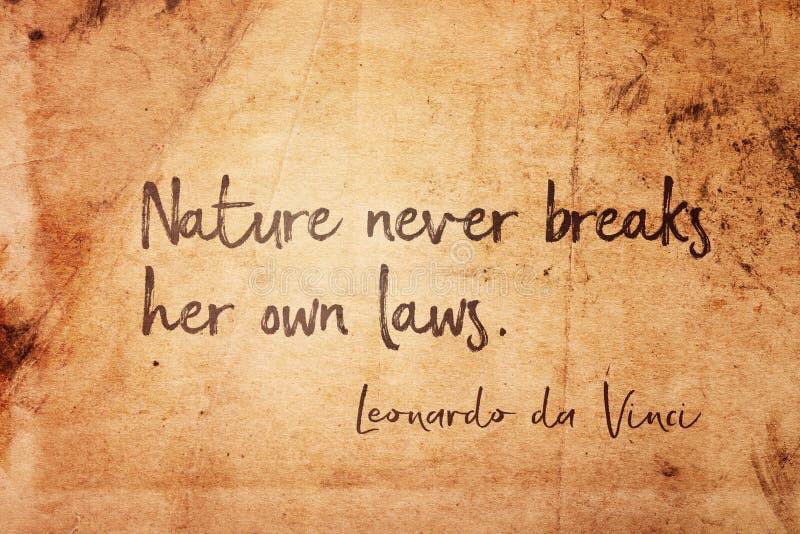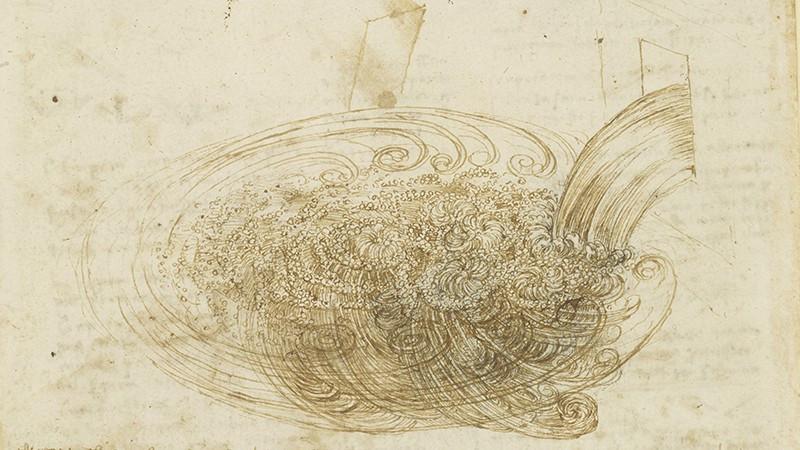“The shortcut [for a lack of ideas] is competition in the realm of computing power,” Yokoi explained. “When it comes to that . . . the screen manufacturers and expert graphics designers come out on top. Then Nintendo’s reason for existence disappears.” He felt that the lateral and vertical thinkers were best together, even in highly technical fields. Eminent physicist and mathematician Freeman Dyson styled it this way: we need both focused frogs and visionary birds. “Birds fly high in the air and survey broad vistas of mathematics out to the far horizon,” Dyson wrote in 2009. “They delight in concepts that unify our thinking and bring together diverse problems from different parts of the landscape. Frogs live in the mud below and see only the flowers that grow nearby. They delight in the details of particular objects, and they solve problems one at a time.” As a mathematician, Dyson labeled himself a frog, but contended, “It is stupid to claim that birds are better than frogs because they see farther, or that frogs are better than birds because they see deeper.” The world, he wrote, is both broad and deep. “We need birds and frogs working together to explore it.” Dyson’s concern was that science is increasingly overflowing with frogs, trained only in a narrow specialty and unable to change as science itself does. “This is a hazardous situation,” he warned, “for the young people and also for the future of science.”
DAVID J. EPSTEIN
3
3 reads
The idea is part of this collection:
Learn more about books with this collection
Proper running form
Tips for staying motivated
Importance of rest and recovery
Related collections
Similar ideas to DAVID J. EPSTEIN
Pythagoras
- Pythagoras was a Greek mathematician, philosopher, and mystic. He is best known for the similarly named theorem.
- He did most of his work in southern Italy and wrote nothing down.
- Pythagoras was a sage who founded a small religion of devoted ...
A unified vision of nature's laws
Leonardo da Vinci’s science was grounded in the Aristotelian world. He developed a system of what he called the four powers of nature: movement, weight, force and percussion. While his ideas are archaic, he developed a coherent model for natural phenomena.
His ideas of the...
Natural elements that most fascinated Leonardo
Leonardo was self-taught. He didn’t go to school because he was born out of wedlock.
- He loved the flow of the streams that went into the Arno River. So he studied them and continued until his deathbed to draw the spiral forms to figure out the math behind them.
- He noticed ho...
Read & Learn
20x Faster
without
deepstash
with
deepstash
with
deepstash
Personalized microlearning
—
100+ Learning Journeys
—
Access to 200,000+ ideas
—
Access to the mobile app
—
Unlimited idea saving
—
—
Unlimited history
—
—
Unlimited listening to ideas
—
—
Downloading & offline access
—
—
Supercharge your mind with one idea per day
Enter your email and spend 1 minute every day to learn something new.
I agree to receive email updates


